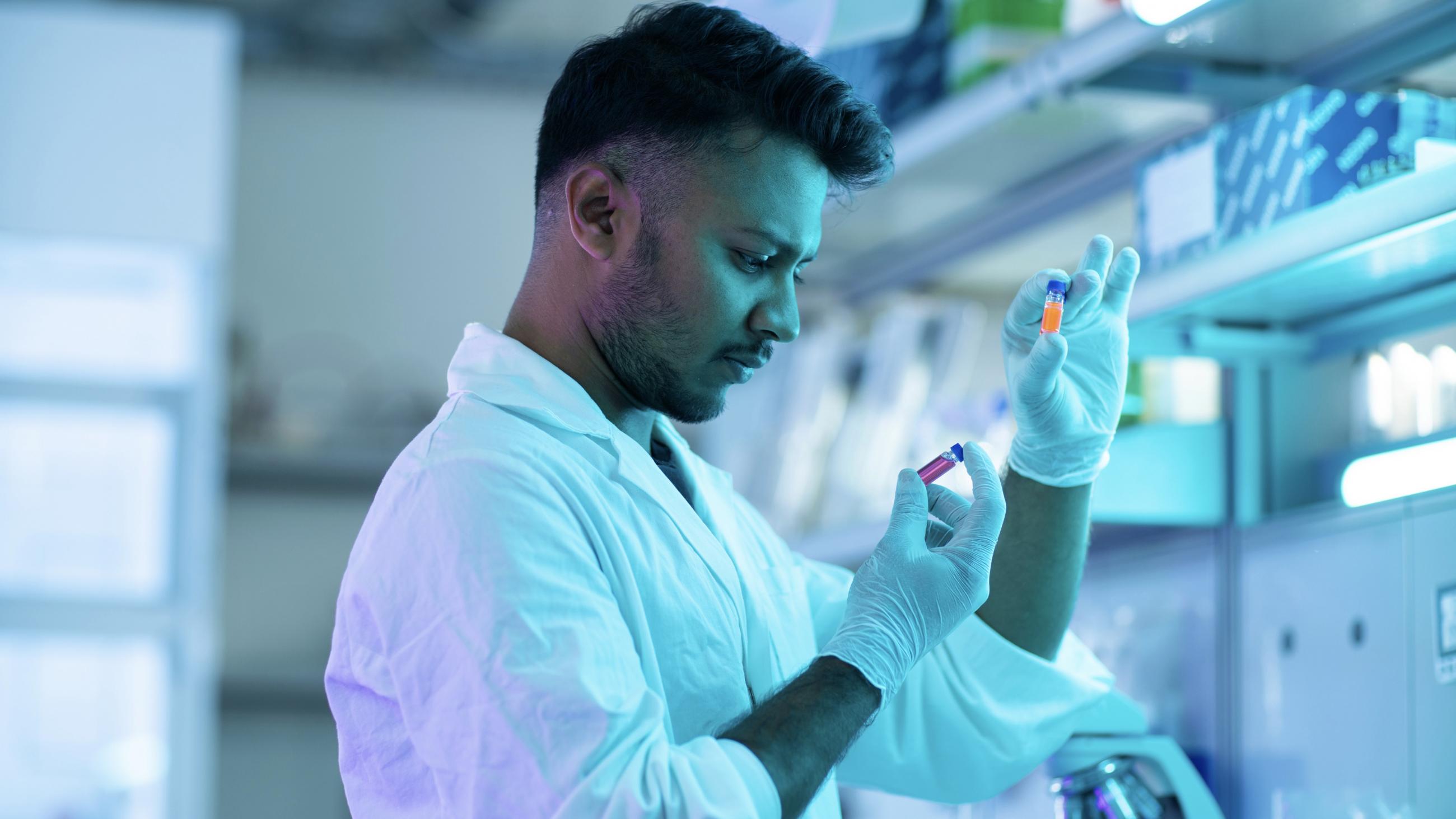Newly Discovered Bacterial Enzymes from Estonian Coastline May Revolutionize Industries
A recent PhD study, conducted by Md Musa Howlader, at the School of Natural Science and Health, Tallinn University, Estonia, focused on extracting ι-carrageenase from rarely studied bacterial strains from Cellulophaga genus, and porphyran degrading enzymes with funoran as side activity from Zobellia uliginosa.

Marine sulfated polysaccharides such as carrageenans, agars, porphyrans, and funorans have a projected market value of USD 10 billion by 2024, as they are widely used in the food, pharmaceutical, and cosmetics industries. While these marine polysaccharides have multiple biological properties, their use as bioactive agents is limited due to their higher molecular weights. However, researchers have found that the degradation of these molecules to produce lower molecular weight oligosaccharides can solve this issue and ensure their important industrial applications, including as prebiotics.
A recent PhD study, conducted by Md Musa Howlader, at the School of Natural Science and Health, Tallinn University, Estonia, focused on extracting ι-carrageenase from rarely studied bacterial strains from Cellulophaga genus, and porphyran degrading enzymes with funoran as side activity from Zobellia uliginosa. The C. baltica strain was collected from the surface of filamentous red algae Vertebrata fucoides near Tahkuranna (58° 14′ 54″ N, 24° 28′ 13″ E) in the Baltic Sea, Estonia; while other bacterial species were collected from different marine environments in Japan, S. Korea, Norway, Denmark, etc. Howlader's doctoral study also presented the optimal fermentation conditions for the extraction of these enzymes from marine bacterial species, and further purification and biochemical characterization of enzymes were performed.
The discovery of these enzymes has significant implications for the industry, as they provide a more efficient and natural way to degrade polysaccharides to produce bioactive molecules for use in various applications, such as prebiotics, anti-cancer agents, and antioxidants. The study highlights the potential for these rarely studied bacterial strains to be a significant source of these enzymes and opens up possibilities for further research and innovation in the field of marine polysaccharides.
Md Musa Howlader defended his doctoral thesis "Algal polysaccharide degrading enzymes from marine bacteria" on May 17. The work was supervised by Tallinn University professor Rando Tuvikene, the opponents were Tartu University associate professor Triinu Visnapuu and Aarhus University professor Peter Stougaard.